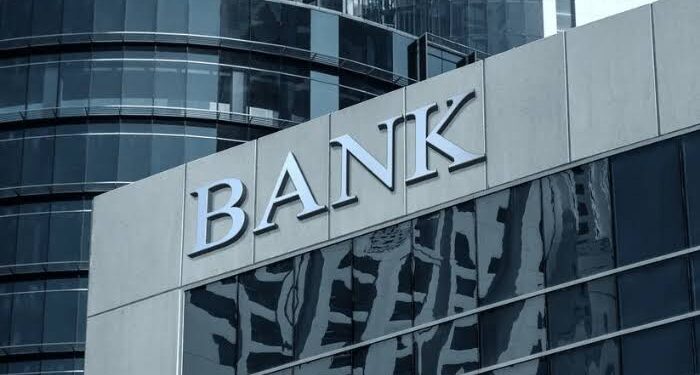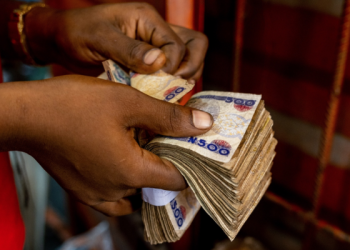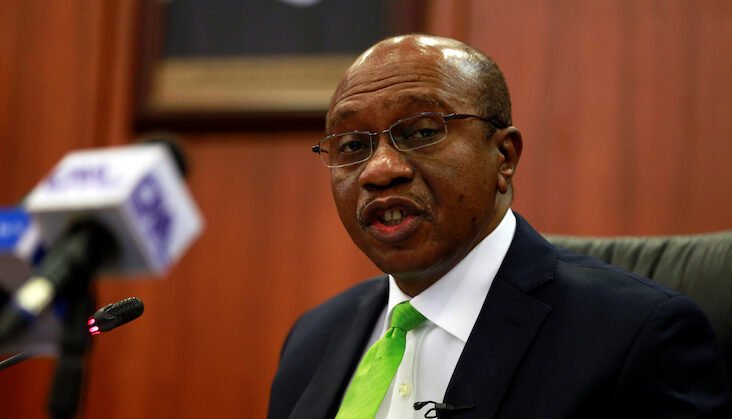Nigerian banks experienced a significant 145% increase in their investment securities during the first nine months of 2024, driven by appealing yields, according to an analysis by BusinessDay. This growth highlights a strategic move by Nigerian banks to focus more on securities, as increasing yields have made the fixed-income market more attractive.
Banks that previously invested in securities such as treasury bills and bonds during times of lower yields are now benefiting from higher returns, as bond yields have been steadily increasing over the past year. Investment securities, which include both equity and fixed-income assets, are typically purchased by banks to earn returns, while generally carrying less risk than loan assets.
BusinessDay’s data shows that banks like Ecobank Transnational Incorporated, Access Holdings, Zenith Bank, UBA, Guaranty Trust Holding Company (GTCO) Plc, FBN Holdings Plc, Fidelity Bank Plc, Stanbic IBTC Holdings Plc, Wema Bank Plc, and Sterling Financial all saw this increase in investment securities.

Olumide Sole, a research analyst at Vetiva Capital Management Limited, believes that part of this growth is due to the devaluation of the naira. This has caused the value of foreign currency-denominated assets in banks’ portfolios to increase, making them worth more. However, Sole also mentioned that banks have been actively moving more of their interest-earning assets into investment securities, rather than loans, because these securities are considered less risky.
“Investment securities, especially those in foreign currencies like Eurobonds, have increased in value due to revaluation, which improves their income potential and positively affects banks’ earnings,” said Tesleemah Lateef, a banking analyst at an investment firm. Lateef added that income from investment securities continues to boost banks’ earnings and strengthen net interest income, which is the difference between income from lending activities and the cost of deposits.
A closer look at the numbers reveals that Ecobank Transnational Incorporated, Access Holdings Plc, and UBA were the top players in the sector, with investment securities worth N11.3 trillion, N10.2 trillion, and N6.4 trillion, respectively.
The Central Bank of Nigeria (CBN) has kept a strict monetary policy, regularly increasing interest rates to manage inflation and stabilize the exchange rate.
This strong approach has greatly boosted returns in the fixed-income market, making it more attractive for banks to invest. In September 2024, the Monetary Policy Rate (MPR) was set at 27.25 percent, showing the central bank’s dedication to controlling inflation.

















